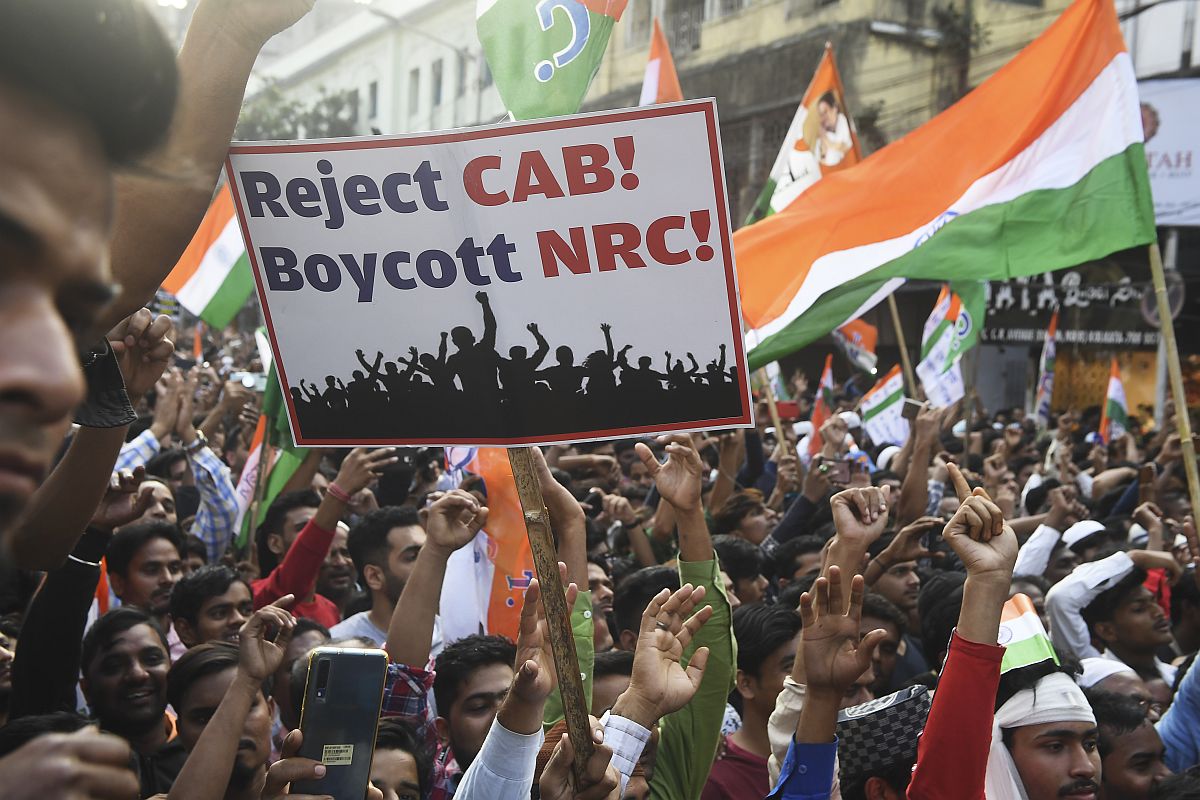The Centre Tuesday told the Supreme Court that the Citizenship (Amendment) Act (CAA), 2019 does not violate any fundamental right provisions of the Constitution and therefore, the question of violation of constitutional morality does not arise.
The Central government, in its 129-page affidavit in response to the pleas challenging the constitutional validity of CAA, said, “It is submitted that constitutional morality is not an unruly horse and cannot become an independent basis for challenging the constitutionality of validly enacted legislations.”
The Centre further said that the CAA does not confer any arbitrary or unguided powers upon the executive. “Under Section 6B(1) the Central Government or a specified authority would grant citizenship only in a manner where certain conditions & restrictions would be satisfied by the applicant. Appropriate rules under Section 6B are being framed to clearly lay down these conditions, restrictions and manner of grant of citizenship”, said the affidavit.
The Centre insisted, unlike the particular neighbouring countries, “India is a constitutionally secular country and further has a large population of persons belonging to the classified communities already residing as Indian citizens”.
It said after considering the totality of factors, including factors of international geopolitics, the demographic profile of nations surrounding the particular neighbouring countries, the situation of or the presence of other persons of classified communities in other nations surrounding the neighbouring classified countries and the presence of state religions/theocratic regimes in other countries surrounding the neighbouring classified countries, “makes it amply clear that India represents the sole rational and logically feasible place to seek shelter for the said communities.”
The amended law seeks to grant citizenship to non-Muslim migrants belonging to the Hindu, Sikh, Buddhist, Christian, Jain and Parsi communities who came to the country from Pakistan, Bangladesh and Afghanistan on or before December 31, 2014.
The affidavit has been filed by BC Joshi, Director in the Ministry of Home Affairs.
The Supreme Court had on December 18, last year, issued a notice to the Government on a batch of pleas challenging the constitutional validity of the controversial law.
A bench of Chief Justice SA Bobde, Justice BR Gavai and Justice Surya Kant refused to stay the implementation of the Citizenship (Amendment) Act, 2019, saying it will hear the pleas in January.
On January 22, the top court had made it clear that it will not pass restraint orders on the Citizenship Amendment Act (CAA) or the National Population Register (NPR) or the National Register of Citizens (NRC) without hearing the Centre.
The three-judge bench of the Supreme Court had granted the Central government four weeks to file a reply in CAA-related matters.
CJI SA Bobde agreed that the challenge to Citizenship Amendment Act will have to be bifurcated in two sections – one concerning Tripura and Assam and another one concerning CAA generally.
The observation was made as senior advocate Vikas Singh insisted for an interim order stating that “demography of Assam could be changed because of the law.”
Protests have erupted across the nation with violence and arson emerging from different parts of Delhi, West Bengal, Uttar Pradesh and the northeastern states of Assam, Tripura and Manipur.
Those opposing the amended law say it discriminates on the basis of religion and violates the Constitution. They also allege that the CAA, along with the proposed pan-India National Register of Citizens (NRC), is intended to target India’s Muslim community.
However, the BJP-led Central government has dismissed the allegations, maintaining that the law is intended to give citizenship to the persecuted people from the three neighbouring countries and not take away citizenship from anyone.











